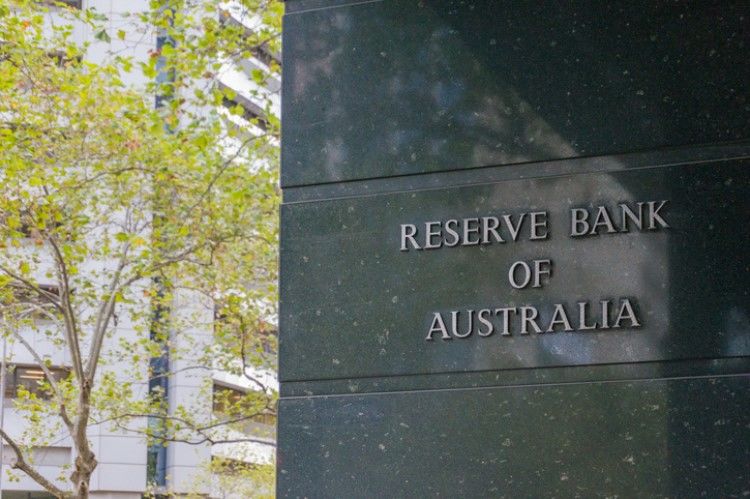
Experts are seeing the Reserve Bank of Australia's move of cutting the official cash rate to 1.25% as a step towards a more affordable housing market for property buyers.
Market watchers at Real Estate Institute of Australia (REIA) believe this move will help stabilise Australia's housing market, boosting the number of first-home buyers in the market.
"Unlike the last series of cuts in 2015 and 2016, which stimulated the housing market through increased investor activity, this cut will stabilise the market, which is already showing signs that the rate of price falls is declining rapidly," REIA president Adrian Kelly said.
Industry figures show a moderation in the participation of first-home buyers in the market — in the first quarter of 2019, the number of first-home buyers across Australia declined by 11.6% from the preceding year.
Kelly said the RBA's move would make the market more attractive for this homebuyer segment, especially if lenders pass on the rate cut to their customers in full.
"Subject to the banks passing on the full cut, this means that for each $100,000 borrowed annual payments decrease by $250. For a first-home buyer, who in the March quarter of 2019 had an average loan size of $338,000, this means a saving of $70 per month," he said.
Speak with an expert to find out how much you can save
Boosting the construction sector
Urban Development Institute of Australia (UDIA) national president Darren Cooper said the rate cut, along with the Australian Prudential Regulation Authority's (APRA) recent decision to ease serviceability benchmarks and the government's plans to close the deposit gap, would get the housing market moving again.
"The rate cut should send a welcome signal to the market, lower the cost of finance for homebuyers and see more projects move from concept to construction. UDIA urges all banks to act responsibly and immediately pass on the cut in full to give effect to the RBA's aspirations for a more vibrant economy," he said.
One of the most crucial areas the rate cut could stimulate is the construction sector. Figures from the Australian Bureau of Statistics show that housing construction has been on a slump for more than a year now, with approvals of detached dwellings sitting at a six-year low.
"Housing construction is crucial to Australia's broader economic and employment fortunes – and without an improvement in sales activity and an impetus for new projects to commence and existing projects to expand, the gap between supply and demand will quickly feed into increased prices once again," Cooper said.
Expect a series of cuts
Sarah Hunter, chief economist at BIS Oxford Economics, said it is likely that the RBA's latest move is just the first of the series of cuts that would happen this year and the next.
Citing what the RBA had to say about its decision, Hunter said risks had increased this month, particularly in the global economy. Furthermore, the RBA's outlook for the domestic economy remains unchanged, with the continued weakness amongst households, the subdued wage growth, and the sub-2% inflation.
"The statement also suggests that more cuts will materialise in the near term, with the board noting that they will adjust monetary policy in order to hit the inflation target over time. Given the shift in stance, we now expect to see a second 25bps cut in August," she said.
Given the external influence arising from trade disputes, Hunter believes it is also plausible for the central bank to make a third cut in November, bringing the cash rate down to 0.75%.
Also read: How low can the cash rate get?
Will a rate cut really help?
Some experts, on the other hand, do not necessarily think the rate cut will help Australia's overall economy. NSW Business Chamber Western NSW regional manager Vicki Seccombe told The Young Witness that there are reasons why the RBA's move might not make any significant differences.
"For a lot of small businesses I talk to, it's not so much the cost of the loan that is the problem but rather getting finance in the first place. Red tape and excessive regulation on lending have made banks much more reluctant to take on risk and lend to business. Another rate cut isn't going to change that," she said.
Richard Holden, a business professor from the University of New South Wales, acknowledged that in the past, interest-rate cuts had been beneficial for the most part, reducing borrowers' mortgage obligations, which, in turn, boosted their spending power.
However, Australia is already in a low-interest-rate environment and a further rate cut would not likely do that much, he said.
Holden said the cut brings the interest rates below the inflation rate, and this means that money earning interest might lose value.
"It'll be the first time we dip into negative real interest rates," he told News.com.au
In a previous Your Mortgage report, Deloitte Access Economics Chris Richardson said that while the Australian economy is currently moderating, it is not in "desperate" need for immediate support from the RBA. He said a rate cut would weaken Australia's ability to shield itself from economic risks in the future.
"Inflation is weaker than they thought, wage growth has stopped accelerating and there are signs of weakness in the economy, but on the flip side we already know big tax cuts are headed our way, APRA has loosened the noose on lending and some concerns about what policy changes might do to the housing market, in particular, have melted away," he said.
Collections: Mortgage News



Share